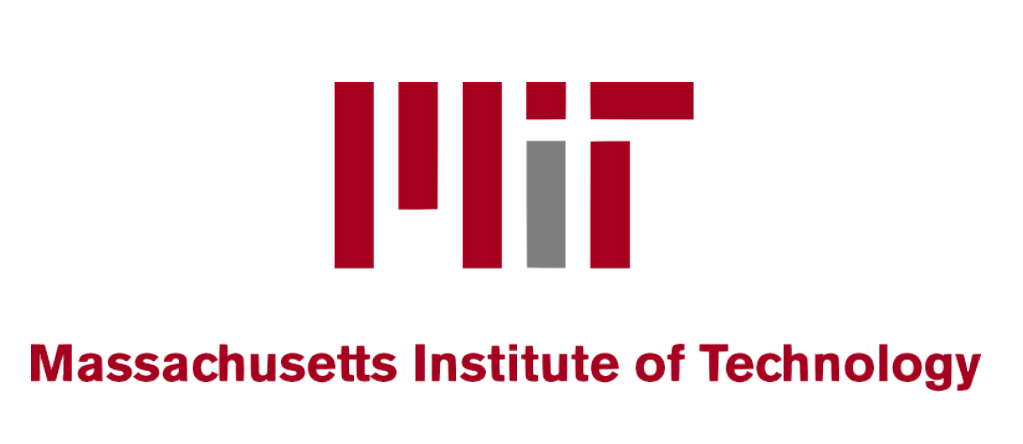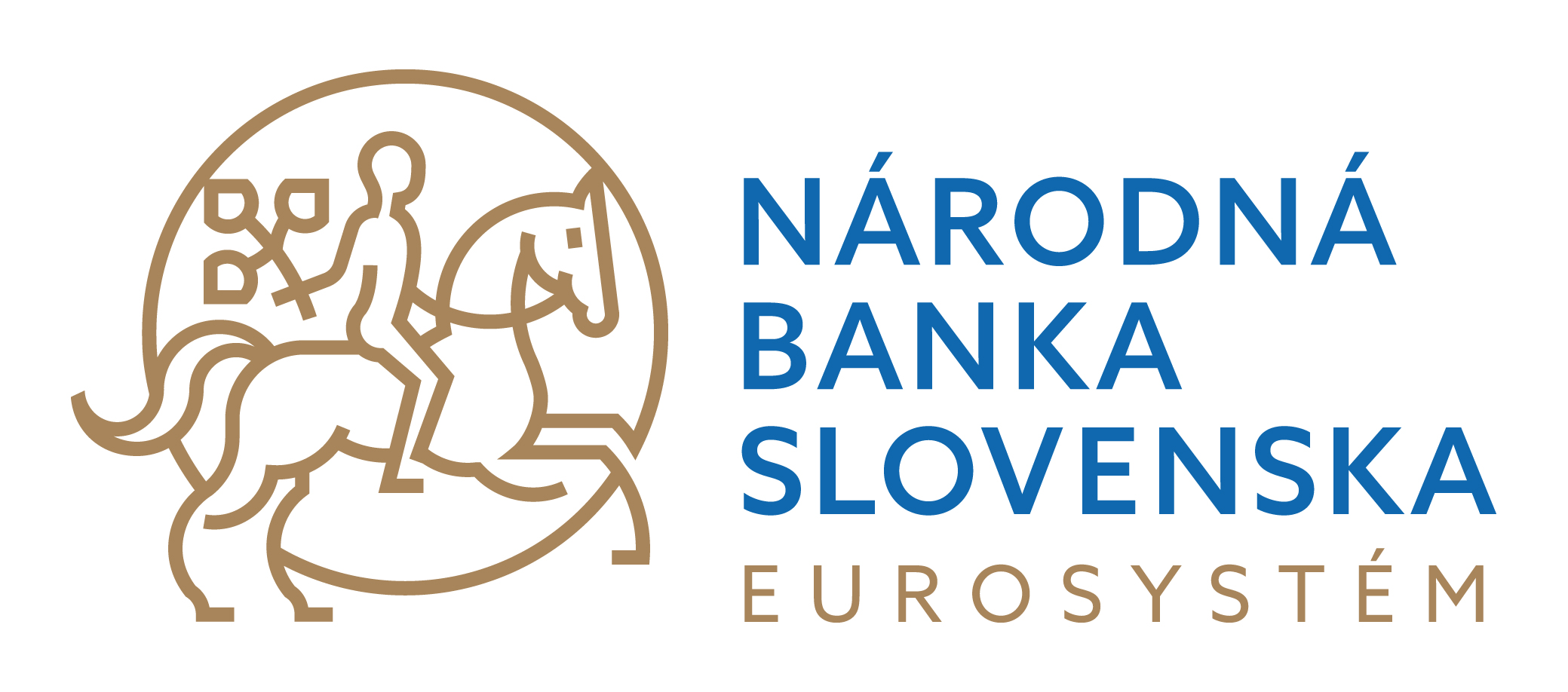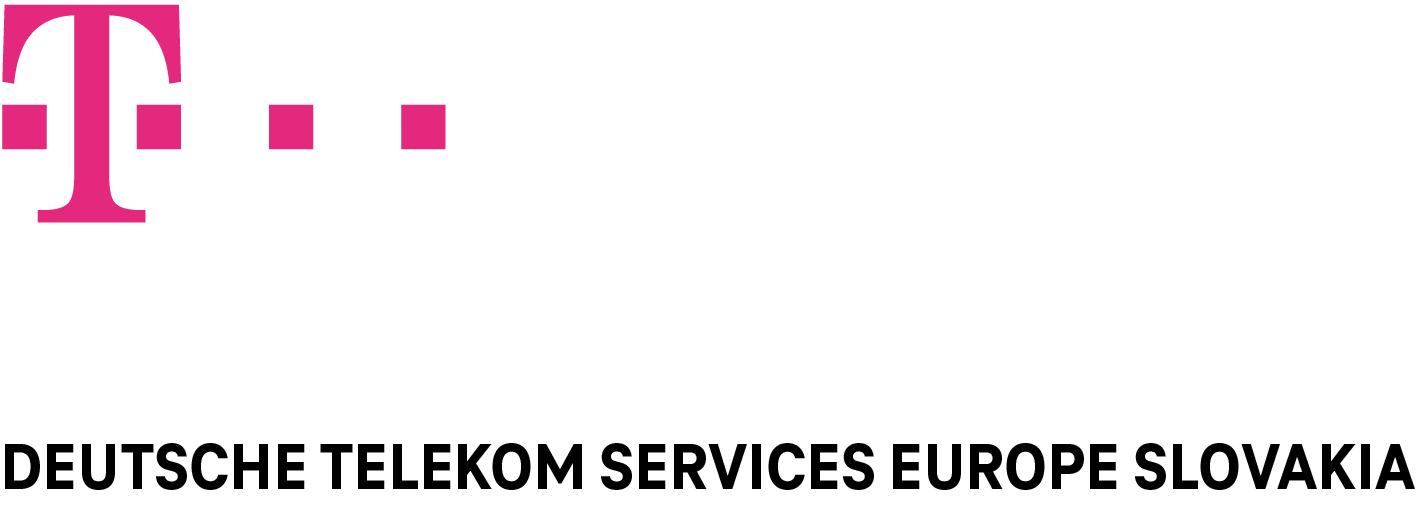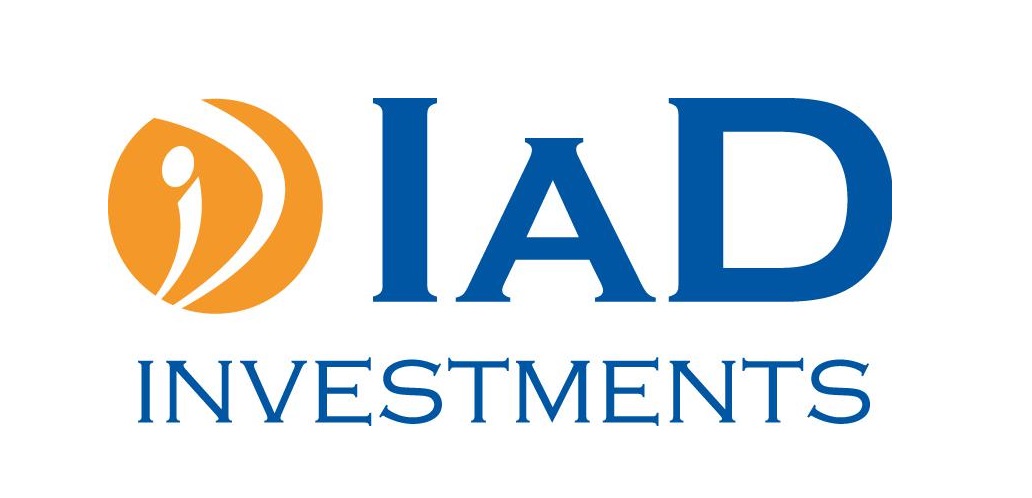Under the MIT - Slovakia Seed Fund (MISTI Global funds for Slovakia) grant scheme, established in 2019 by the Ministry of Investment, Regional Development and Informatization of the Slovak Republic with the Massachusetts Institute of Technology (MIT), researchers and PhD students from the Department of Economic Policy at the Faculty of National Economy of the University of Economics in Bratislava, as one of the first research teams in the Slovak Republic, successfully obtained funding for a project titled: "Labor Market Implications of Automation in the United States and the European Union" for the period from May 1, 2022 to January 31, 2024.
The bilateral project is covered on the MIT side by a team of researchers and students led by prof. Daron Acemoglu and on the EUBA side by Assoc. Prof. Martin Lábaj. The aim of the project is to establish a cooperation between the Department of Economics of MIT and the Department of Economic Policy of the NHF EUBA, which will go beyond the elaboration of the project in terms of time and content in the research field and will lead to the start and gradual deepening of the mutual cooperation. "Daron Acemoglu is one of the top 3 most renowned economics academics in the world according to the RePec database. Participating in the project directly with him and his team is an incredible success for us, a huge challenge and a commitment to take the level of research at the department to a new level," said Martin Lábaj, the responsible researcher for the Slovak side. Within the grant cycle 2021-2022, this is the only supported project in the field of social sciences in Slovakia.
The future of the work is a source of much controversy. Some are afraid that new technologies, advances in automation and the use of artificial intelligence will lead to mass unemployment and the disappearance of jobs. Others point to the vast benefits of technological progress from the Industrial Revolution to the present. They argue that current automation and other new technologies will ultimately lead to an increase in employment and wages.
In terms of content, the Project will lead to a deeper examination of the implications of automation for labor demand, productivity, replacement, and job creation stemming from automation and robotization as some of the major trends in manufacturing in the United States and Europe, as suggested by the research published to date by the aforementioned collaborators on the Project. The fulfilment of the Project's objective includes two bilateral exchanges of researchers and PhD students from EUBA and MIT planned for 2022 and 2023.












